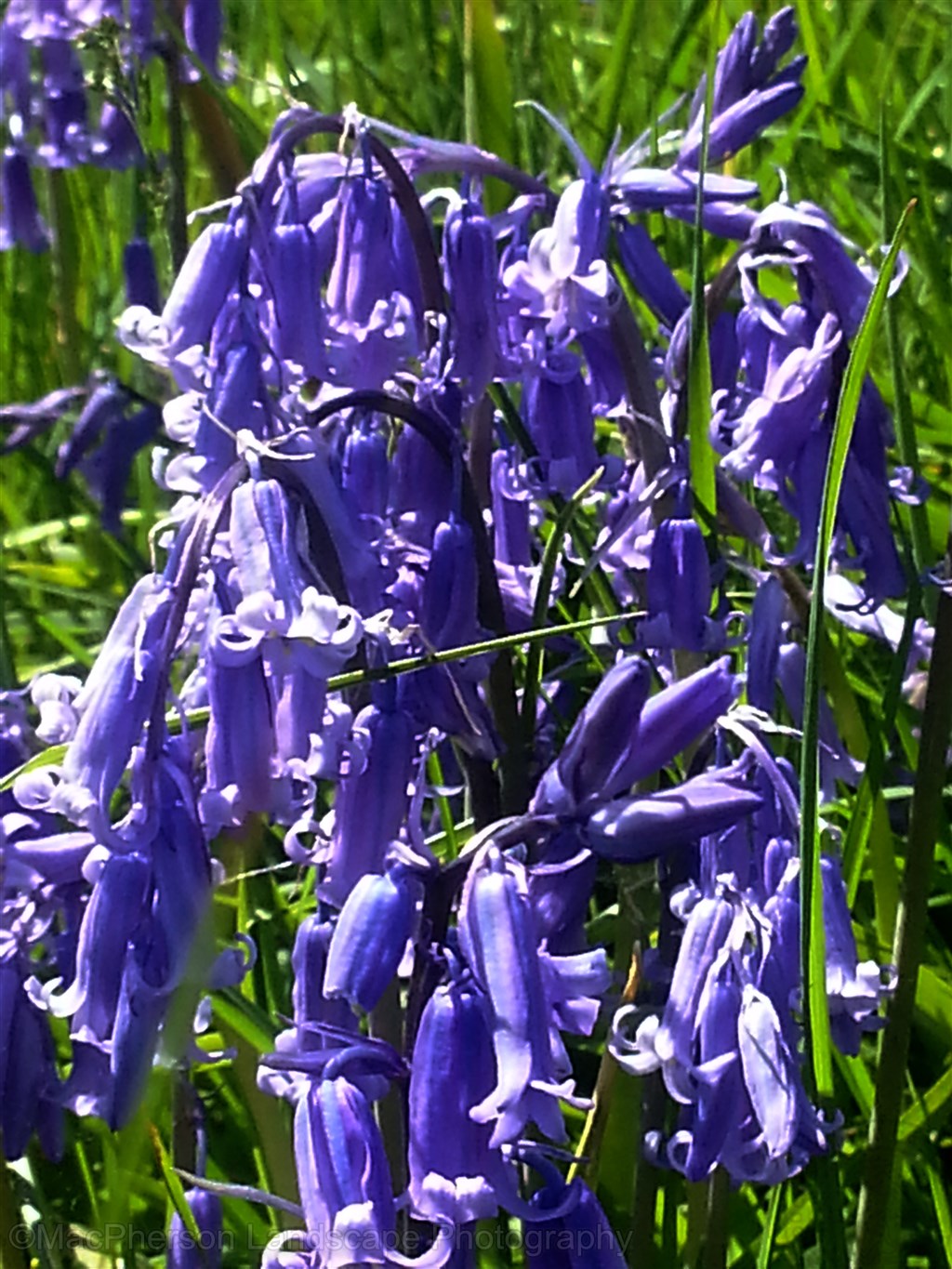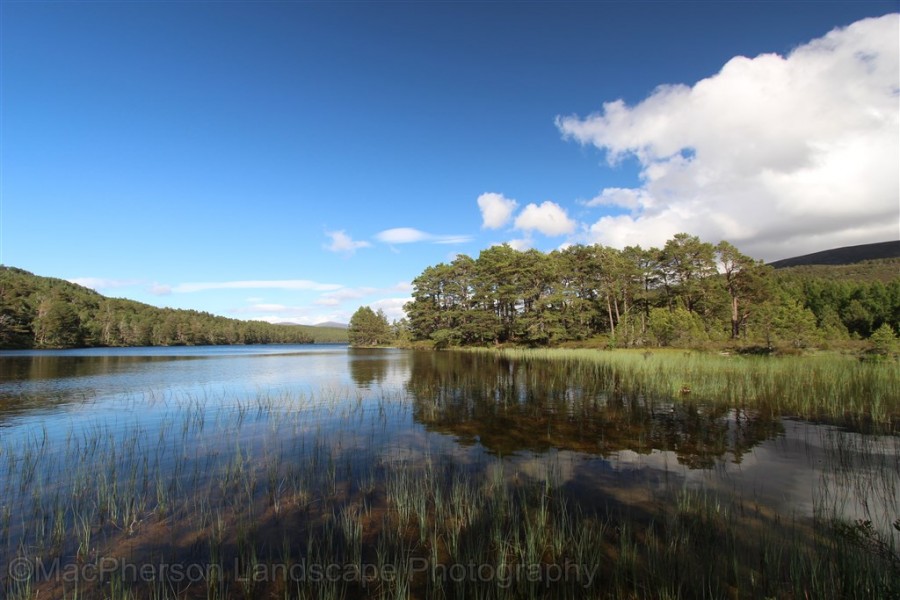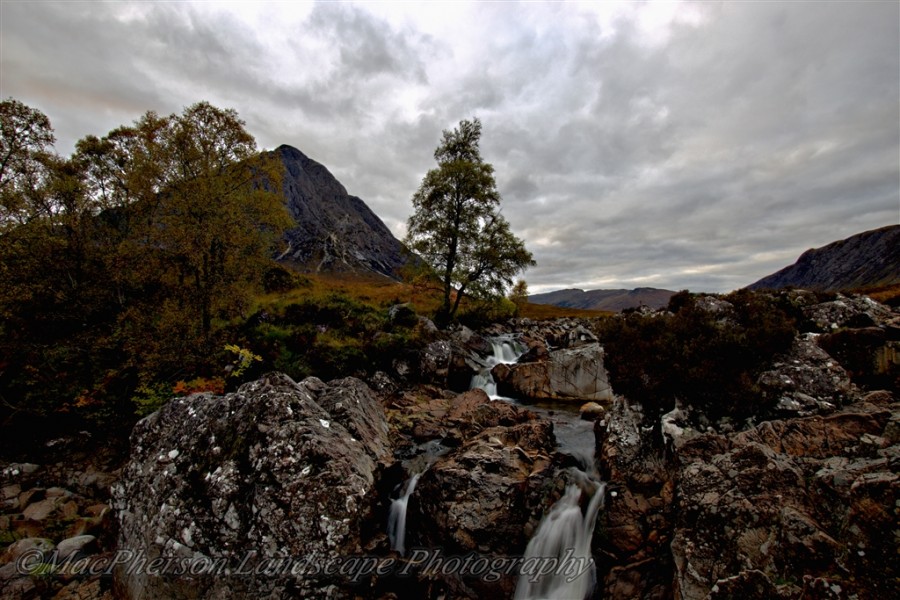The Bluebell (Hyacinthoides non-scripta) with it’s bell like flowers and rolled up tips, is eponymous with the start of Spring, with woodlands carpeted in deep violet blue, from April to late May, they not only bring beautiful scent and colour but also the warmth as winter has passed. As spring emerges so do many insects and butterflies, and they take full advantage of the rich valuable nectar from the Bluebell.
Beloved of many a writer the Bluebell has several poems and songs dedicated to it, with Anne Bronte penning a lengthy poem, the first verse of which is:
The Bluebell
A fine and subtle spirit dwells
In every little flower,
Each one its own sweet feeling breathes
With more or less of power.
There is a silent eloquence
In every wild bluebell
That fills my softened heart with bliss
That words could never tell.
Tennyson also wrote:
“How the merry bluebell rings
To the mosses underneath…”
– Alfred Lord Tennyson, “Adeline”
The native Bluebells are a good indicator of ancient woodlands, and are also to be found in hedgerows and grasslands. Their range stretches from North-western Spain to the UK, and is a protected species in the UK under the Wildlife and Countryside Act 1981. Anyone found to be trading in wild Bluebell seeds or bulbs can be fined up to £5000 per bulb.
Historically the Bluebell has had various uses, specifically from the bulb for creating glue for attaching flights to arrows, bookbinding and in Tudor times stiffening ruffs.
Medicinally the Bluebell has been used as a diuretic, as an anti-haemorrhagic remedy, and lastly to treat leucorrhoea (I’ll let you Google that meaning yourself!)
All parts of the plant contain glycosides and are poisonous and the sap can cause contact dermatitis, as well as causing digestive problems to dogs, cows and horses if ingested.
The main threat affecting the Bluebell is the cross breeding with the Spanish Bluebell, from gardens. Although interestingly Great Britain is home to about half the worlds population of Bluebells.



